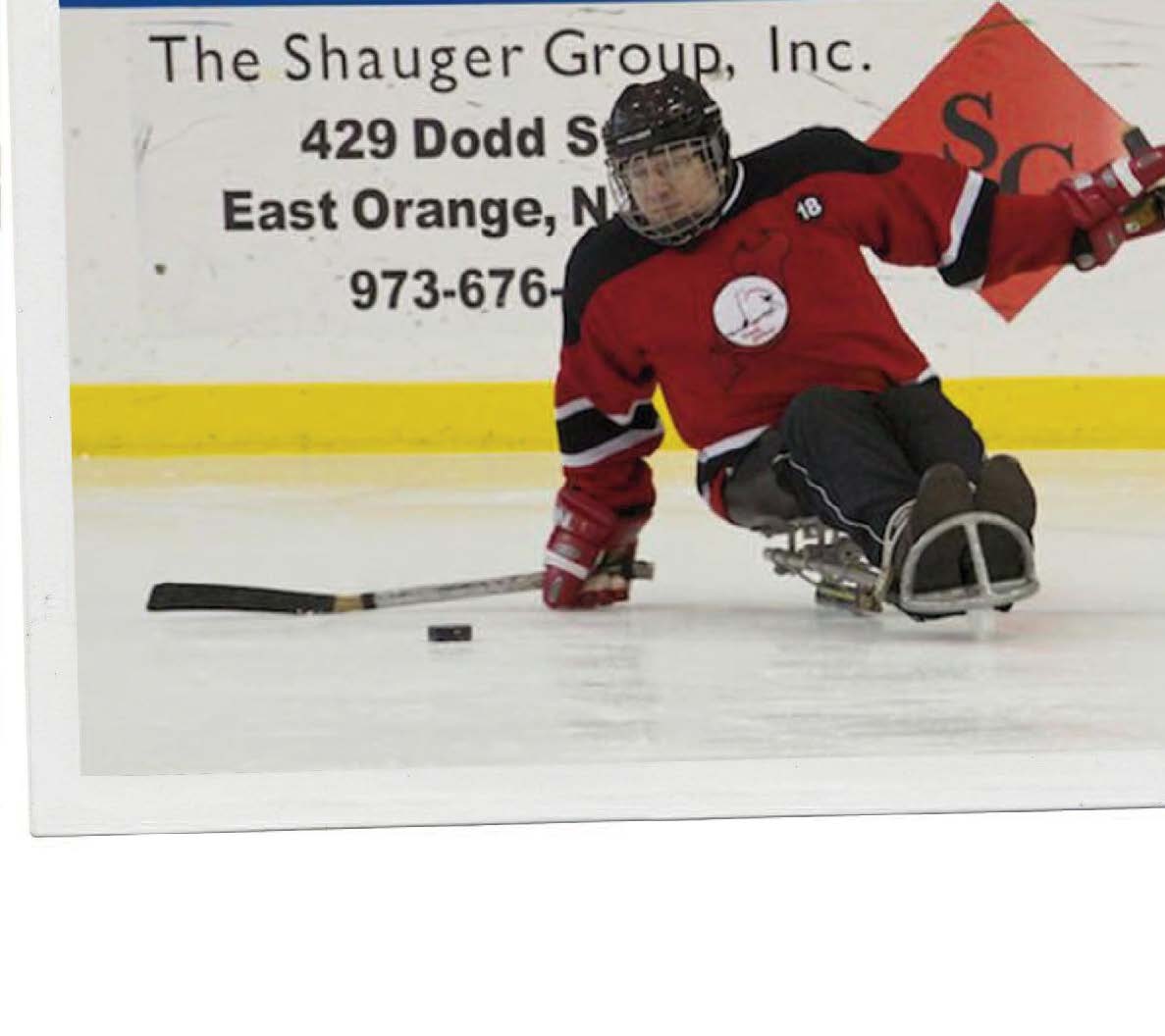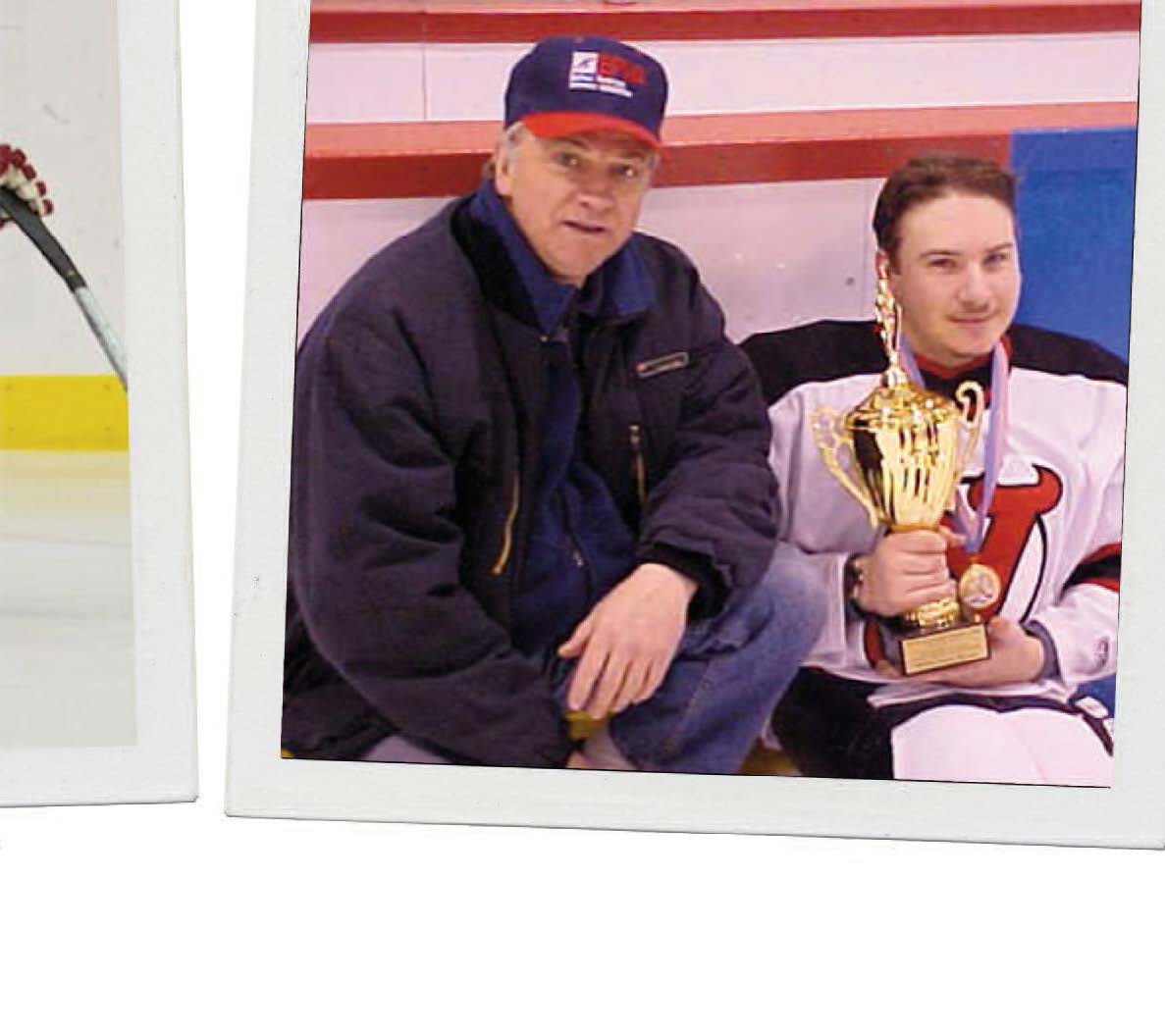In 1996, the ideological founder of our organization, John F. Kennedy Jr., writing about services for people with disabilities noted, "Quality is defined at the point of interaction between the staff member and the individual with a disability." Direct Support Professionals and Frontline Supervisors play a critical role in assuring quality lives for people with disabilities; yet, too often they are devalued in their organizations. Specifically, our work with direct support professionals and frontline supervisors, substantiated by research demonstrates:
• Direct support professionals consistently report a greater need for training to support people well.
• Responsibilities, skill sets and competencies for direct support professionals are increasingly extensive, yet compensation is very low; many direct support professionals live at or below the poverty line.
• Direct support professionals desire career advancement within their role; but, often the only opportunity for career advancement is a promotion out of the direct support role.
• To provide quality supports, direct support professionals and frontline supervisors must feel empowered to make critical decisions within their roles and have the support needed to do their job well.
• Frontline supervisors play a critical role in managing, supporting and mentoring direct support professionals to support people well. A quality frontline supervisor can be the catalyst to quality services.
Today, more 3 million direct support professionals in the U.S. make up 80% of the disability workforce. Demographic trends suggest that the field is in the midst of a significant workforce crisis. Turnover rates average between 40% and 70% annually. High turnover creates a "revolv ing door" of people who provide intimate and specialized services; when a direct support professional leaves, there is significant negative impact on the life of the person with disabilities receiving support. Further, the number of people needing long-term services and supports will dramatically increase over the next 30 years. This need is projected to significantly outpace the number of workers available to provide services resulting in a mass shortage of direct support professionals.
We at the NADSP believe that Frontline Supervisors who work in programs and settings where people with disabilities receive services are the unheralded "lieutenants" in organizations that employ direct support professionals. They are charged with the responsibility to supervise, develop, lead, coach and mentor direct support staff. Often, they do this while reporting to their respective supervisors and directors, family members, state regulators /surveyors, peers and ultimately to the people they support. It is, perhaps, the most complex job in a human services organization.
We at the NADSP believe that Frontline Supervisors who work in programs and settings where people with disabilities receive services are the unheralded "lieutenants" in organizations that employ direct support professionals.
Frequently, those who perform this important role were promoted from within the direct support ranks and may be poorly equipped and unprepared to meet the demands of leading and managing others, which will ultimately lead to DSP turnover. We believe that direct support is the most "important" position in an organization because quality is most often defined at the point of interaction, but frontline supervisors have the most "difficult" job in an organization because they "do it all" and we must develop them better. The NADSP has developed a comprehensive train-the-trainer curriculum to address the needs of this important part of the workforce. This curriculum meets the educational and developmental needs of new managers, while strengthening veter an frontline supervisory staff with tools based on sound research that engages participants with an intensive and highly interactive format. If you would like more information about this exciting new training, please visit nadsp.org/frontline-supervisor-curriculum •
ABOUT THE AUTHOR: Joseph M. Macbeth is Executive Director, The National Alliance for Direct Support Professionals.
ABOUT THE NADSP: professionals in the U.S. make up 80% of the disability workforce. Demographic trends suggest that the field is in the midst of a significant workforce crisis. Turnover rates average between 40% and 70% annually. High turnover creates a "revolving door" of people who provide intimate and specialized services; when a direct support professional leaves, there is significant negative impact on the life of the person with disabilities receiving support. Further, the number of people needing long-term services and supports will dramatically increase over the next 30 years. This need is projected to significantly outpace the number of workers available to provide services resulting in a mass shortage of direct support professionals. NADSP values the full participation of people with disabilities in all aspects of community life through the provision of person-centered supports. We believe that high quality support requires all professionals to follow the individual path suggested by the unique gifts, preferences, and needs of each person they support, and to walk in partnership with the person, and those who love him or her, toward a life of opportunity, well-being, freedom, and contribution.

ON THE ICE
In 1981 my son, Mike, was born with spina bifida and hydrocephalus. After the initial shock, there were multiple trips to doctors and hospitals, as well as sleepless nights worrying what life would bring for him. It wasn't until he started going to school that my husband and I started looking for activities for him to participate with other disabled kids.
We tried swimming but that was a two-and-a-half hour trip for one hour in the pool. Basketball and other wheelchair sports were just too far to drive. He tried Challenger baseball but couldn't understand why everyone got to bat when there were certainly more than three outs.
Boy Scouts offered involvement with other boys, so that was the activity we went with despite him being the only disabled scout and not being able to do the hikes with his troop. Camping with modifications opened up the world of archery and rifle shooting. He even got a job as an archery instructor at Cub Scout summer camp.
Throughout all this, I kept reading Exceptional Parent (EP) magazine, my source of information about the disabled world. Then one day, I read an article about sled hockey – and that changed our lives. The New Jersey Devils Youth Hockey Club was starting a sled hockey team and looking for players. Hooray! Something that was only one hour away. Mike was familiar with hockey since his older brother played in high school and he was a Devils fan already.
We went to the rink in West Orange, NJ and Mike was fitted with equipment and given a sled and sticks. Onto the ice he went and started skating away. One of the people who was on the ice that day was Victor Calise. Victor was a member of the USA sled hockey team who went to Nagano, Japan to play during the Paralympics in 1998. He helped Mike with turns and stopping and offered general encouragement. Mike came off the ice and he was hooked. He went back week after week and worked on his game. More kids joined the team and they were into competition, but competition with other disabled teams. This suited Mike just fine. He was a sport that he could do with others like him.
The team coach, Al Graul, was committed to the program, providing free equipment to any kid who wanted to try sled hockey. The Youth Hockey Club provided the ice time and sleds so there were no fees for the parents. Since my husband was handy with tools, he became the equipment manager. He would put the sleds together and fix the picks on the sticks. He also assisted in getting the new kids into sleds that would work for their disability. I became the team manager, contacting parents and setting up practices. We were all involved! But that wasn't enough for Mike. He wanted real competition, so he started with an adult team. My son has worn a number of jerseys over the years – the Islanders, the Erie Otters, and the New York Rangers. He has met so many adults with disabilities. It became commonplace to go to a rink and see the wheelchairs, crutches, and prosthetic legs laying around while guys sped across the ice. Travel was definitely involved at this level so off we'd go for a weekend. We have visited so many places because of Mike's games. On a few occasions, the team even went to Canada to play. My husband carried his tool bag with him and I became Team Mom. At this point, I think I can call myself Team Grandmom. Although Mike plays with adult teams, he still goes to The NJ Devils Youth Hockey Sled team practices. Several years ago, Coach Al pushed Mike to get coach training from USA Hockey. Now Mike is the on-ice coach of the team he started out with so many years ago. If that article from Exceptional Parent magazine had not highlighted the opportunity for sled hockey, Mike would have never enjoyed the years on the ice! •
ABOUT THE AUTHOR: Doreen B. Szymczak is the mother of two boys, Nick and Mike. Retired from being a childrens' librarian in a public library for 21 years, she still attends Mike's hockey games.

GOALS: (Opposite page) Mike handles the puck. After getting coach training from USA Hockey, he now is the on-ice coach of the team he started out with so many years ago; (Above right) Mike celebrates with his dad.
Mike has met so many adults with disabilities. It became commonplace to go to a rink and see the wheelchairs, crutches, and prosthetic legs laying around while guys sped across the ice.